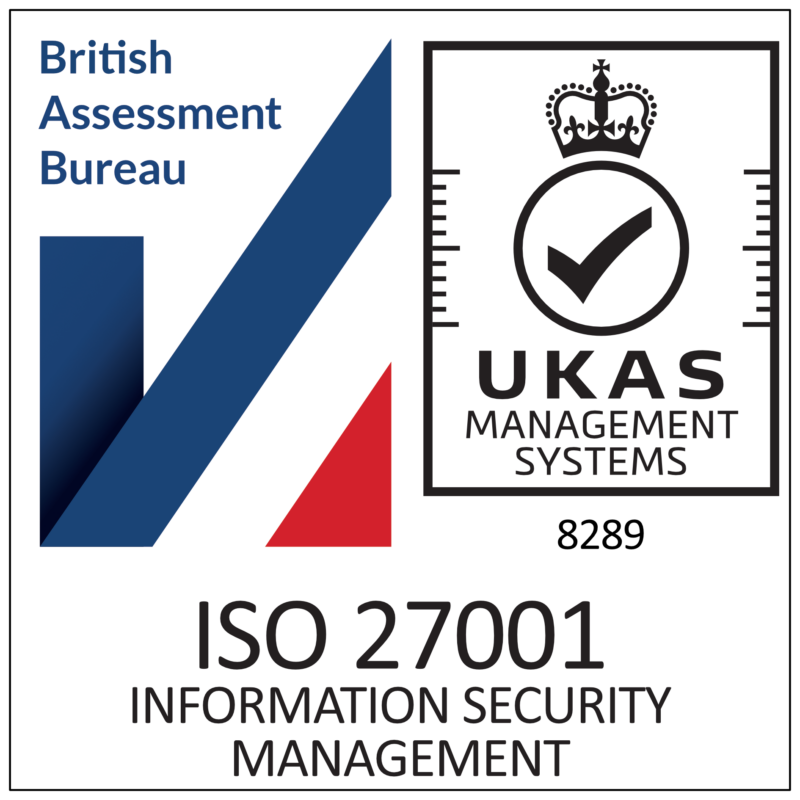Supporting Post-16 Students to Develop Their Study and Revision Skills
Article written by John Roe.
A big difference between GCSE and post-16 studies is the amount of independent work that needs to be completed for students to be successful. Students will be covering a large volume of work each week in all their subjects and it is therefore vital that they make maximum use of their study periods to keep on top of this. Independent study is essential for students to consolidate what has been learnt in lessons and to check their understanding. There is a distinct difference between independent study and revision, and this is not always recognised. Students will often need support with both, and this blog aims to give you some tips and practical strategies that you can use to support students with the development of these skills.
- Changing Mindsets
Some students find it difficult to make the distinction between study and revision. They view both as the process of preparing for a test or exam and believe that both take place after a course of lessons has been taught. Students with this mindset can often miss out on major parts of the learning process. Independent study that takes place during a course of lessons, provides opportunities for students to reflect, review and build on their understanding of concepts before teaching moves on in the classroom to a new topic. Encouraging students to effectively utilise study periods between lessons, can have major benefits on teaching and learning. Some study activities that students may find effective include reviewing and enhancing class notes, re-teaching concepts to a friend, applying knowledge to past paper questions, and formulating questions that can be answered during the next lesson to further their understanding. If students prepare for lessons in a similar way to their teachers, they are likely to be more active participants and any problems that exist in terms of their understanding or ability to apply knowledge can be addressed quickly. Utilising study periods in this way also gets students into good study habits. It can encourage them to move away from cramming for exams and makes their future revision less onerous and intimidating. Independent study is different to revision and when students understand this, and the role both play in the learning process, both become more effective. Revision takes place after a series or course of lessons, and it is independent study which prepares the ground for this.
Students will often underestimate the amount of time that is needed for effective independent study. Research by Steve Oakes and Martin Griffin for their book ‘The A-level Mindset: 40 activities for transforming student commitment, motivation and productivity’ suggested that students who achieve three A grades or better at A-level complete around 20 hours of independent study each week in year 12. With this figure rising to 30 hours in year 13. This amount of independent study can seem intimidating and unachievable for many students, however building the mindset that utilising study periods between lessons is working smarter rather than harder can help to overcome this. However, it is also important to stress that students should pace themselves when it comes to individual study, increasing the number of hours they spend on this gradually during the year. Without this, there is a risk of burnout and students’ motivation levels waning.
- Prioritisation
Being able to prioritise tasks is an essential skill for students. It can help students be more organised, productive and help them make the most effective use of their time. When studying, some students will spend an enormous amount of time and energy on topics that they are already familiar with and often much less time addressing those that cause them the most difficulty.
Students can save valuable time by auditing their current skills and knowledge and then targeting study and revision sessions to address gaps and weaknesses. There are many ways to support students with this. Some departments I have worked with have found it beneficial to produce subject knowledge audit grids for students. These list different areas of the specification and students are asked to reflect on each and then rate their level of understanding and confidence. Others have used a simple traffic light system, asking students to classify their confidence and understanding as either red, amber or green. Whichever system is used for auditing knowledge and understanding, it can help both to inform teacher planning and students’ revision time.
Time-management is a major challenge for some students. Finding time for independent study alongside completing assignments, part time jobs, hobbies and other commitments can be difficult. Some students I have worked with have found constructing a daily ‘To-Do’ list a useful resource when managing their time. Although many Apps now exist for this, using a notepad or sticky note can be just as effective. Encouraging students to list tasks in order of priority and then to allocate the most time to the most important tasks can increase productivity. There are lots of great techniques that students can use to help them prioritise their time effectively. Techniques I have found beneficial when working with students include the Eisenhower and Action Priority Matrixes. The Eisenhower Matrix is a simple tool to help students organise and prioritise tasks by urgency and importance. Whilst the Action Priority Matrix encourages students to differentiate between tasks according to how much impact they are going to have on their learning, relative to the amount of energy they will need to get them finished.
- Teaching Revision Skills
Lots of educational research exists on the topic of effective revision and teachers can play a key role in disseminating the findings to students. Some students will not know where to start with revision, so teaching them techniques such as retrieval practice, spacing and interleaving as well as practical strategies they can use when revising can have a big impact on both motivation and achievement. For any teachers who are interested in learning more about Retrieval Practice I would thoroughly recommend the series of books on the subject written by Kate Jones. They are full of great ideas and contain fantastic activities that can be used at all key stages both inside and outside of lessons. Kate has an excellent Twitter site and blog where you can learn more about her work.
https://twitter.com/KateJones_teach
https://lovetoteach87.com/2020/09/09/a-collection-of-retrieval-practice-research-and-resources/
You can also learn more about Retrieval Practice techniques at the following website which has been put together by Dr Pooja K. Agarwal, a cognitive scientist, educator and author to many fantastic books on the subject.
https://www.retrievalpractice.org
Although tutorial sessions and assemblies provide excellent opportunities to support students with revision skills, it is also important that there is a focus on developing these skills in subject lessons. Some students who are struggling to get started with their revision may benefit from being given some simple strategies and techniques that they can use in study periods. Below is a list of some simple revision strategies that students I have worked with have found useful in the past.
- Brain Dumps – students choose a topic and then first write down everything that they can remember without referring to class notes. They then use their notes, knowledge organisers, or exam specifications directly to fill in any gaps.
- Essay Question Mapping – students plan out answers to a series of essay questions without writing full responses. They then check mark schemes and decide whether their plans meet the criteria before answering a question in full. Sharing plans with teachers for additional feedback can also enhance this activity.
- Flashcards – students produce flashcards for topics containing questions and answers and then use the Leitner System for effective spacing and interleaving.
- Past papers – students answering exam questions under timed conditions and using mark schemes to fill in the gaps is another powerful revision technique.
I hope you have found the tips in the blog useful, and that your students find the strategies I have discussed beneficial as they prepare for the upcoming examination series.

About John Roe:
John has worked in education for 22 years as a science teacher, head of department and pastoral lead. John is passionate about creating an aspirational culture and supporting students to achieve their full potential. Prior to joining Alps, John was Director of Radyr Sixth Form in Cardiff for 10 years, where he lead the transformation of the sixth form with student outcomes consistently matching the performance of the top 2% nationally.
Need more information?
If you would like any further information, please contact one of our expert advisers.


